7 Natural Anti-Anxiety Herbs to Reduce Stress
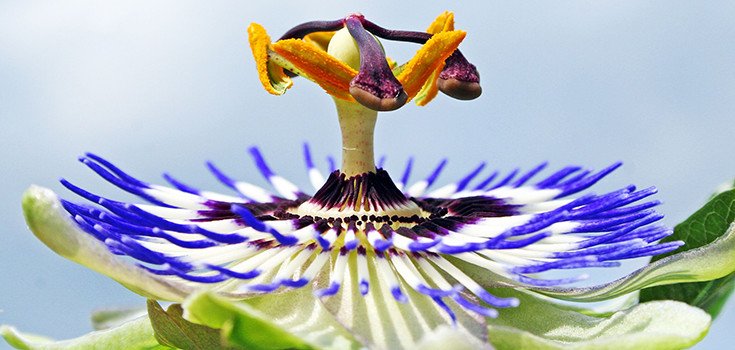
In the documentary created by National Geographic and researchers from Stanford University, Stress, Portrait of a Killer, experts outline just how deadly stress can be. (Watch the documentary below.) The good news, though, is that there are numerous natural herbs and supplements that can reduce stress without causing as many (if any) side effects or other mental health conditions as many pharmaceutical psychotropic meds do.
Here are 7 natural anti-anxiety herbs for reducing anxiety and stress.
1. Chamomile
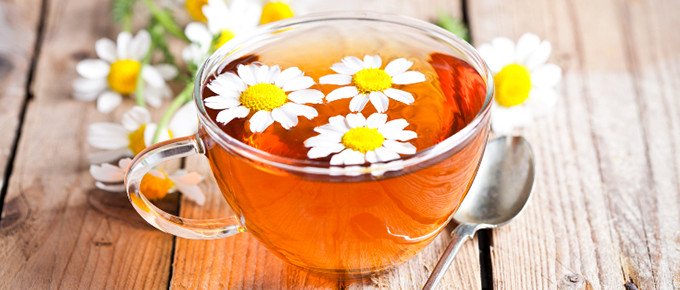
This amazing herb, related to ragweed, can be brewed in a tea or taken as a supplement, and it has been used for centuries to ease the mind and calm frazzled nerves. It has a mildly-sedating quality, and is often used for those having difficulty sleeping due to stress.
One randomized, double-blind, placebo-controlled study aiming to research chamomile’s anti-anxiety potential focused on Matricaria recutita (chamomile) extract therapy in people with mild to moderate generalized anxiety disorder.
The study abstract concluded with:
“This is the first controlled clinical trial of chamomile extract for GAD. The results suggest that chamomile may have modest anxiolytic activity in patients with mild to moderate GAD. Future studies are needed to replicate these observations.”
Another long-term study came to similar conclusions. Here are some of the details.
- During Phase 1, pharmaceutical grade chamomile extract at a dose of 1500 mg (500 mg capsule 3 times daily) was given over 12 weeks.
- During Phase 2, responders were randomized to either 26 weeks of continuation chamomile therapy or placebo in a double-blinded, placebo-substitution design.
Here’s what they found:
“Long-term chamomile was safe and significantly reduced moderate-to-severe GAD symptoms, but did not significantly reduce rate of relapse. Our limited sample size and lower than expected rate of placebo group relapse likely contributed to the non-significant primary outcome finding.”
2. Ashwagandha
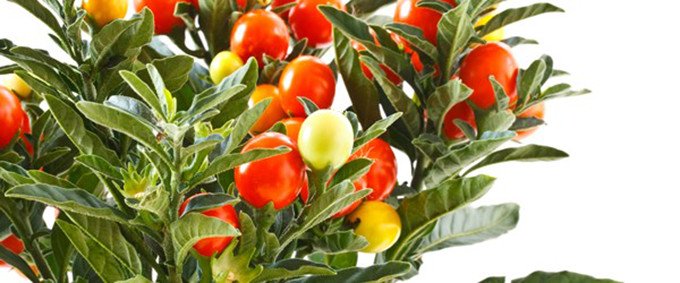
Used for thousands of years to soothe the agitated mind, Ashwaganhda comes from Ayurvedic wisdom. Also known as winter cherry, Ashwagandha’s roots contain flavonoids and many active ingredients of the withanolide class. It is an adaptogen, which means it helps us ‘adapt’ to our environments, and that includes the stressful ones.
3. Passionflower
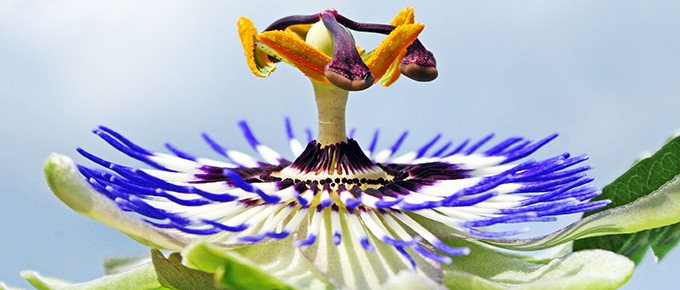
Not only is this herbal remedy beautiful, it is also known for helping those with high levels of anxiety to sleep better, and is even known as an aphrodisiac in ancient Polynesian cultures. Its effects are mildly-sedative, but lesser so than Valerian.
An analysis of multiple studies says:
“The majority of studies reported reduced anxiety levels following the administration of Passiflora incarnata preparations, with the effect less evident in people with mild anxiety symptoms.”
4. Magnesium
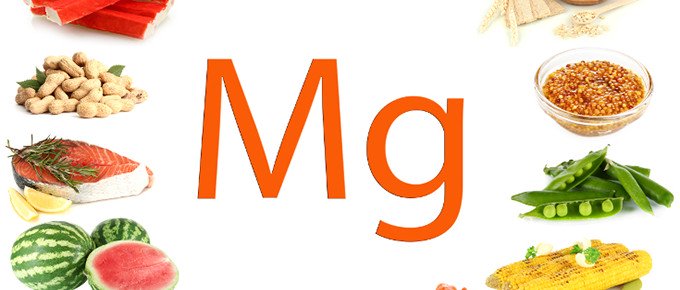
Not only does a good magnesium supplement or the consumption of foods high in magnesium help to soothe sore, tight muscles, it also helps to lower blood pressure and reduce stress. What’s more, magnesium has been shown to reduce an abnormal heart beat and keep the cardiovascular system in top shape. It can also help with the treatment of diabetes type 2 as well as insomnia and depression.
Read: 4 Herbs for Anxiety and Stress
5. High Quality Green and Black Teas
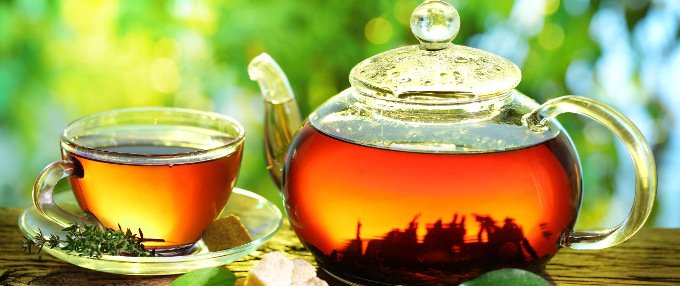
L-theanine found in good teas can increase the brain’s alpha waves and help people to feel calmer. It seems the old advice to sit and sip a cup of tea isn’t just a placebo for helping to reduce stress. One study found that L-theanine reduced negative responses to stress.
And in other research, it increased feelings of relaxation among people with serious behavioral disorders.
6. Lavender
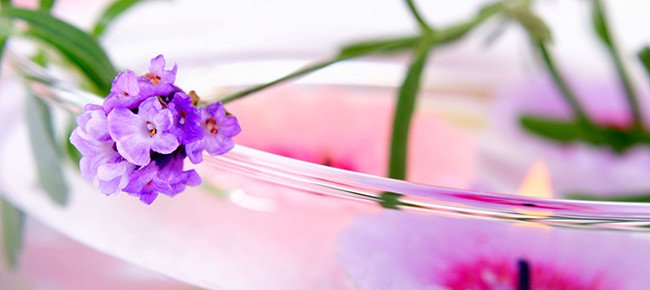
The amazing scent of this plant is known to put even agitated babies to sleep. If you can’t get a good laugh to reduce the edge from your day, try smelling lavender, or drinking lavender-infused tea. It should immediately calm your frazzled nerves.
7. Kava
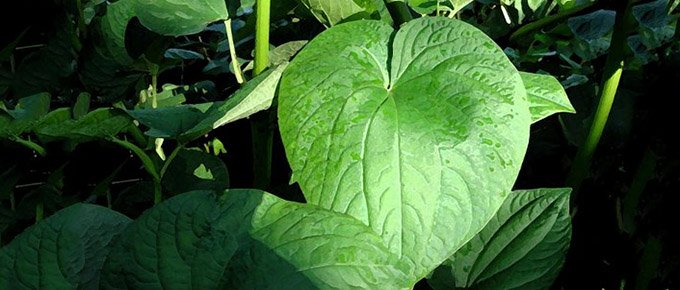
Otherwise known as Kava Kava, this is another Polynesian wonder for those with a worried mind. The roots are brewed to create a drink that is excellent for calming anxiety. It is sedative in its quality, but does not interrupt cognition. Many use it to treat social anxiety instead of the more harmful, alcoholic drink.
“Through targeted actions on the gamma-aminobutyric acid (GABA) pathway, the South Pacific medicinal plant kava (Piper methysticum) is a non-addictive, non-hypnotic anxiolytic with the potential to treat GAD [generalized anxiety disorder],” one study reports.

Interesting and useful information. – I was surprised to read about passionflower. This is what we folks in the South often call “maypop,” and use as an ornamental vine.
I tried that stuff, never helped me sleep.
Great choices, particularly magnesium, and I was happy to see a little Ayurvedic sneaking in there. 😉 Mel at clearpanicaway
Kava has now been banned or restricted in some countries and labeled as a dangerous herb that can cause liver damage, even with short-term usage. Perhaps update the information on kava since it’s now proven more dangerous than initially thought?
Otherwise, good article.
Are we sure it’s not the Pharmaceutical companies putting out false info on this so ppl will be dependent on their medication I have to wonder? They don’t seem to have a lot of stats on this info.
Please stop. I am tired of all these websites promising natural relieve for stress and anxiety. I tried all of them (except kava root) and they DO NOT WORK, no matter how much you take.